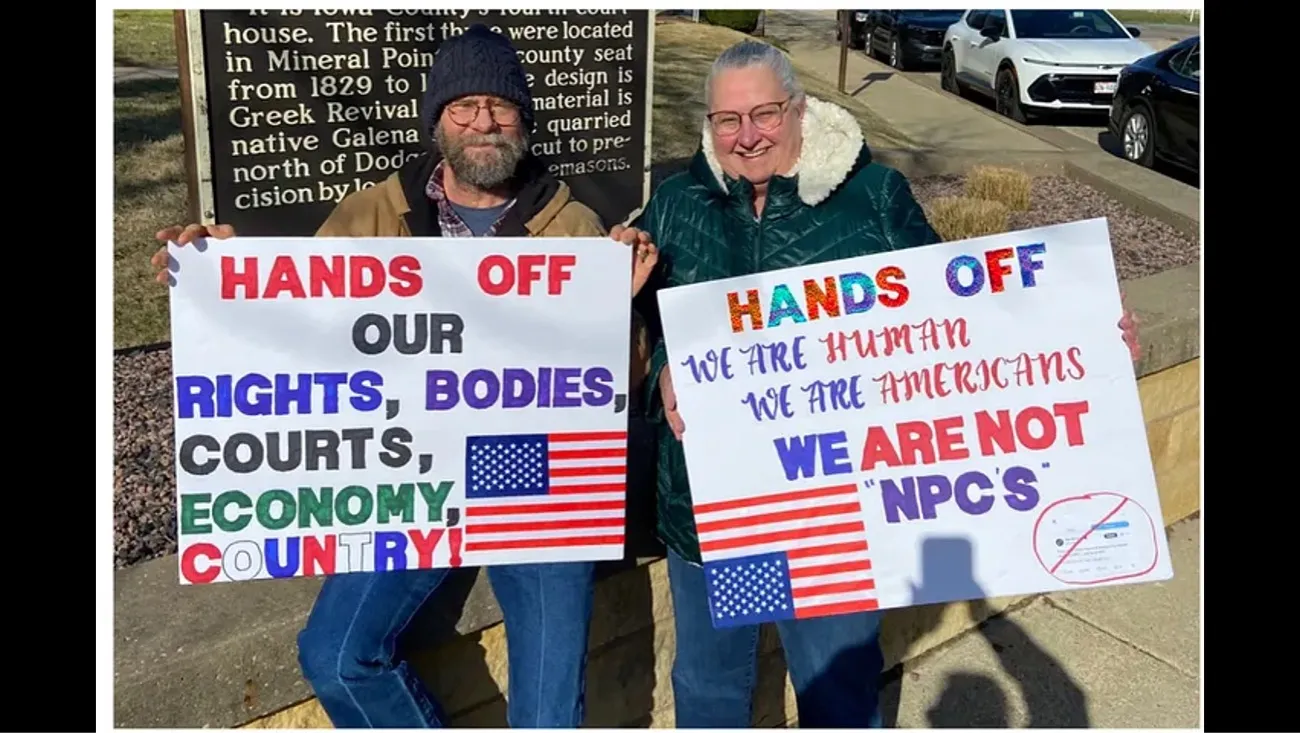On January 16, the Sixth Circuit Court of Appeals determined that the “newspaper” carve out to the definition of “commercial purpose” in the Kentucky Open Records Act is constitutional, reversing a federal district court ruling. As a result of the Sixth Circuit’s opinion in Zillow, Inc. v Miller, newspapers can only be charged a noncommercial fee for copies of public records obtained under the Open Records Act — the lower fee authorized by the legislature since the commercial/noncommercial dichotomy was first recognized in our law in 1994.
Since 1994, the Open Records Act has defined “commercial purpose” as “the direct or indirect use of any part of a public record or records, in any form, for sale, resale, solicitation, rent, or lease of a service, or any use by which the user expects a profit either through commission, salary, or fee.”
“Commercial purpose” shall not include:
- Publication or related use of a public record by a newspaper or periodical;
- Use of a public record by a radio or television station in its news or other informational programs; or
- Use of a public record in the preparation for prosecution or defense of litigation, or claims settlement by the parties to such action, or the attorneys representing the parties[.]”
It was the carve out for newspapers that became the focus in the Zillow case after a federal district court judge declared the provision unconstitutional. Neither Zillow nor the property valuation administrators opposing Zillow raised the argument, and no press organization was a party to the district court litigation. The press intervened only after the district court issued its opinion – the opinion ultimately determined by the Sixth Circuit to be based on flawed legal reasoning.
This was the second major test for the “commercial purpose” copying fee provisions, which were unsuccessfully challenged almost immediately after their enactment — along with Kentucky’s accident report statute — by a group of lawyers and chiropractors. Amelkin v McClure (2003) wound its way through the federal courts, ultimately reaching the United States Supreme Court. It was finally resolved in 2003 when the Sixth Circuit affirmed the constitutionality of the accident report statute and mooted the open records “commercial purpose” challenge.
Writing for the majority in Zillow, Judge Karen Moore opined:
“We hold that the commercial-fee statute does not violate the First Amendment as applied to Zillow and reverse the district court’s order declaring the ‘newspaper exception’ unconstitutional because the commercial/non-commercial purpose distinction, including its three exceptions, do not impermissibly discriminate based on the content of Zillow’s speech.”
The ruling comes as a welcomed relief to newspapers threatened under the lower federal court ruling with the financial burden of paying commercial copying fees that include staff costs – excluded from copying costs for noncommercial users – along with actual copying costs and/or the cost to the public agency of purchase, creation, or acquisition of the records.
The real estate sales website, Zillow, is the big loser in the case. Zillow challenged Kentucky’s Property Valuation Administrators’ characterization of its purpose as a commercial one and the resulting imposition of higher copying fees for real estate records. Because the Sixth Circuit determined that the commercial/noncommercial fee structure is constitutional, and Zillow’s intended use is commercial, Zillow remains saddled with substantially higher copying fees.
The Sixth Circuit’s opinion is subject to appeal. An aggrieved party may seek en banc review (meaning all Sixth Circuit judges hearing the case rather than a three judge panel) of the panel’s opinion. A petition for certiorari to the United States Supreme Court also remains a possibility.
In its 2-1 decision, the Sixth Circuit engaged in a complex constitutional analysis, ultimately coming down on the side of the press — once again skillfully represented by media law expert, Michael Abate, a Louisville attorney in the firm Kaplan, Johnson, Abate, and Bird.
--30--








